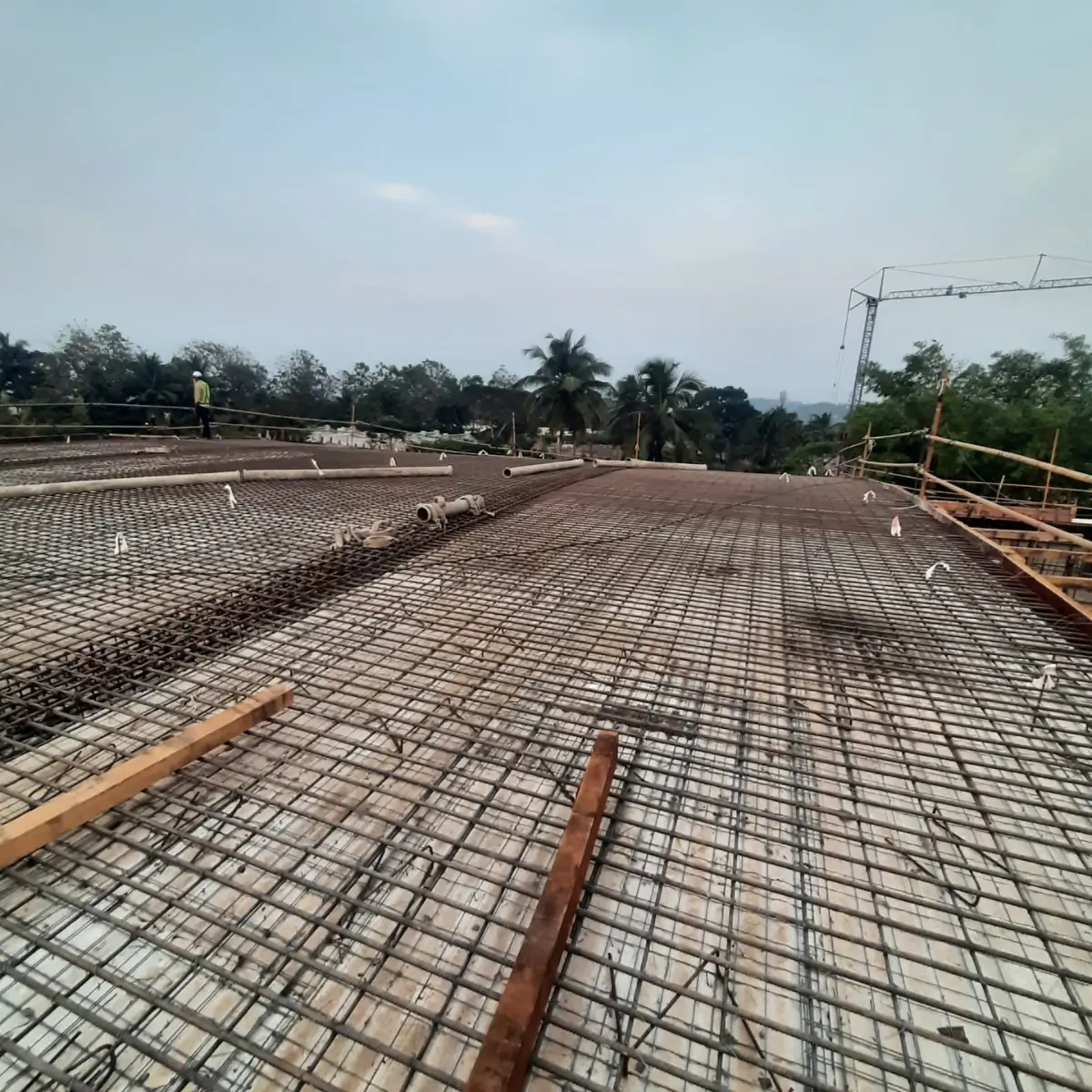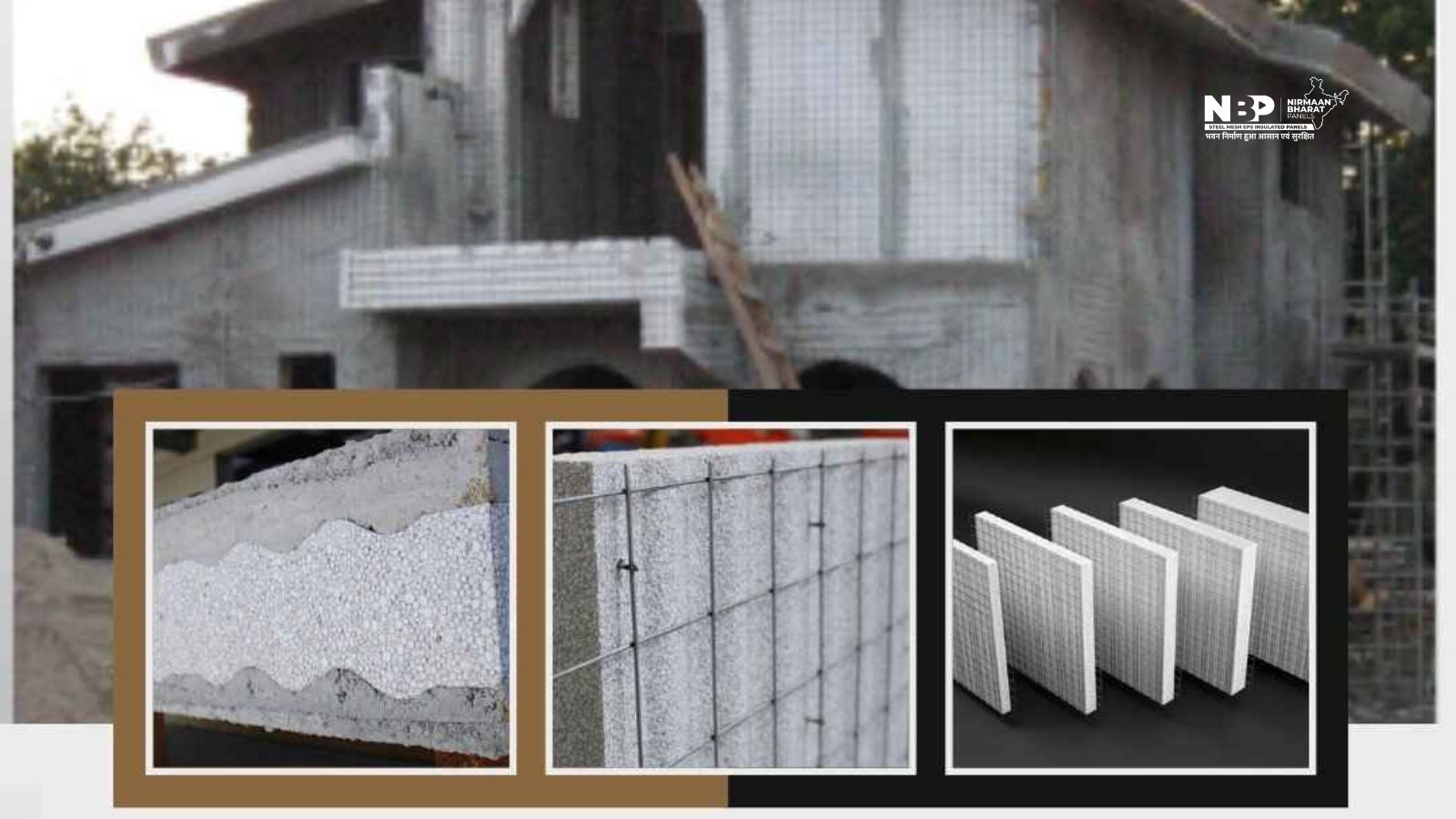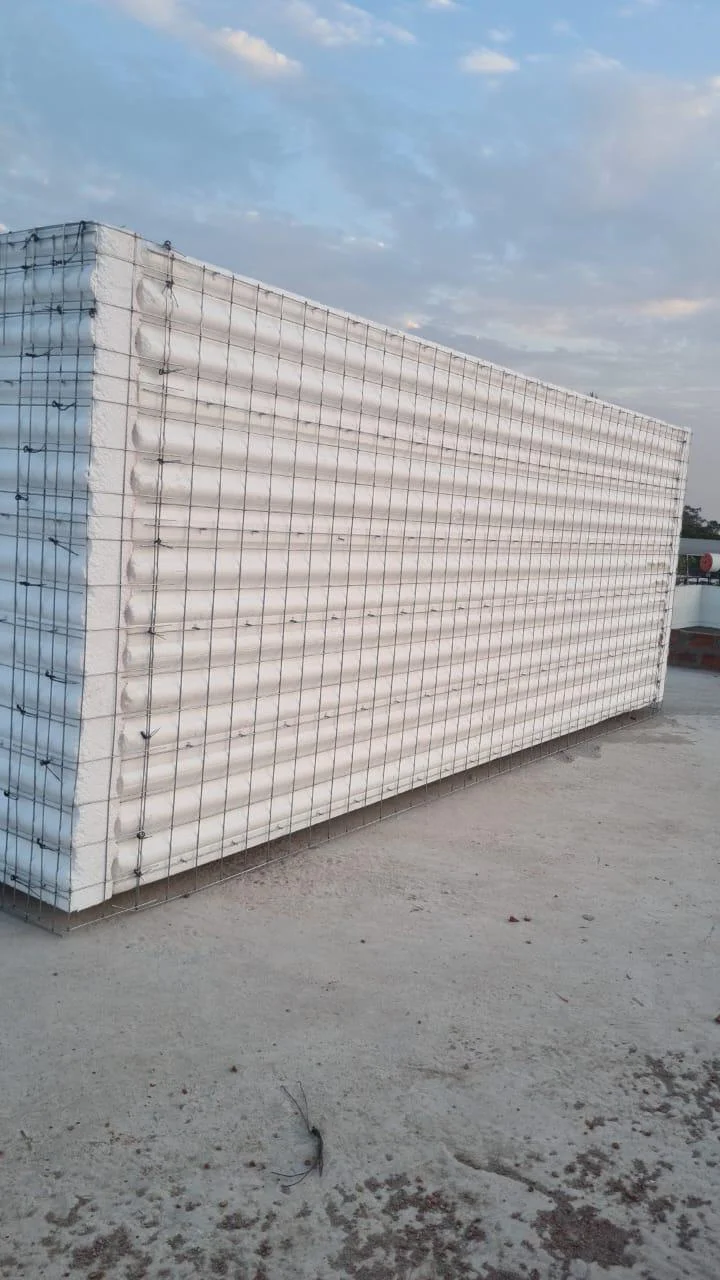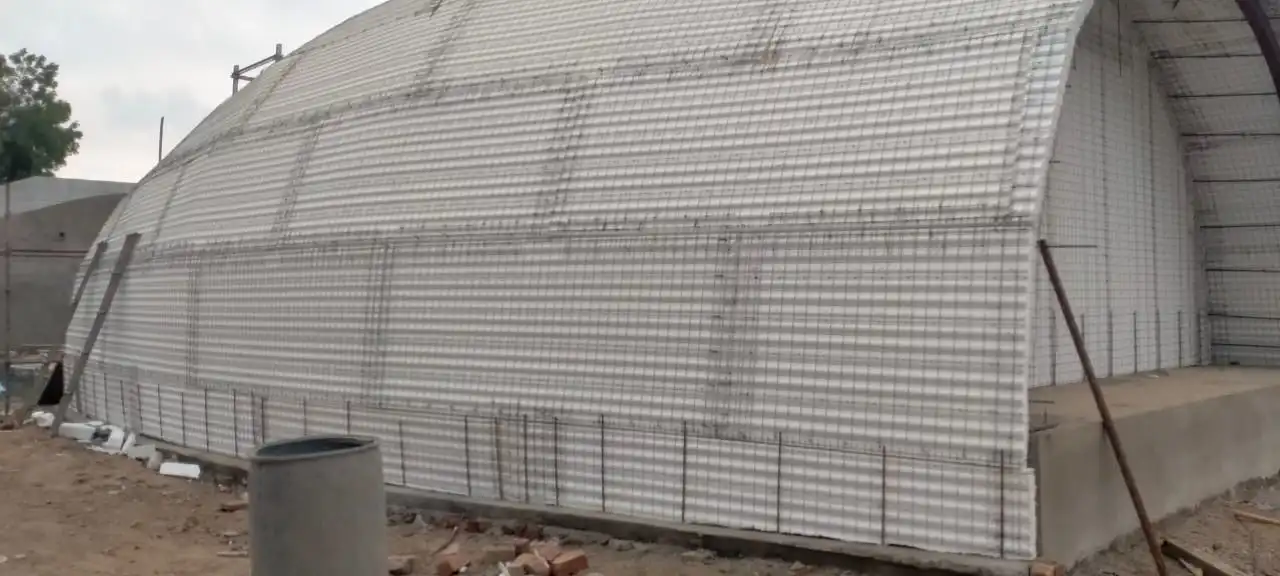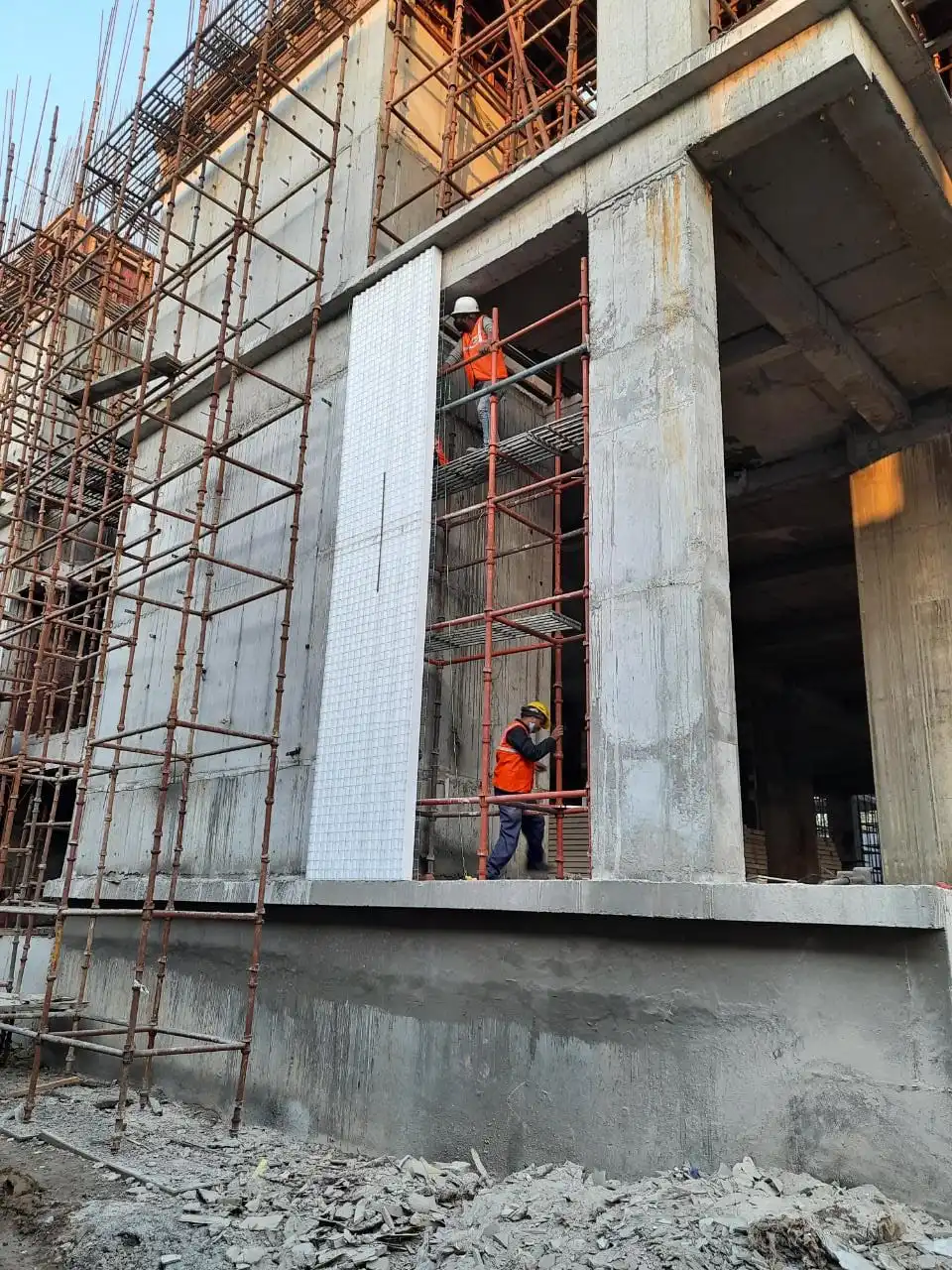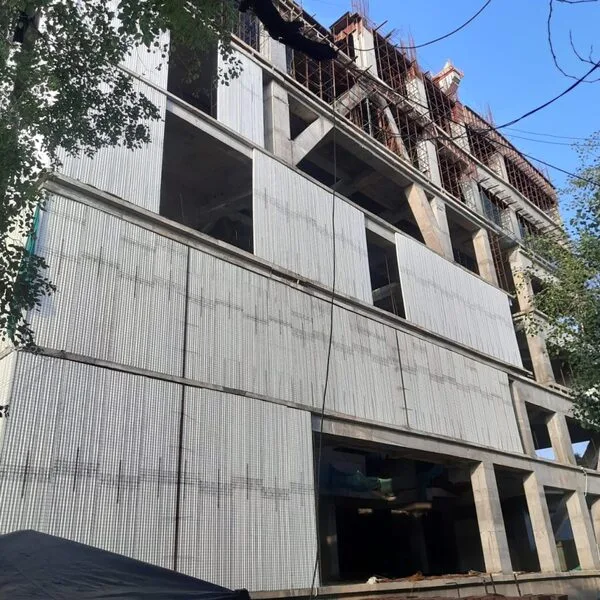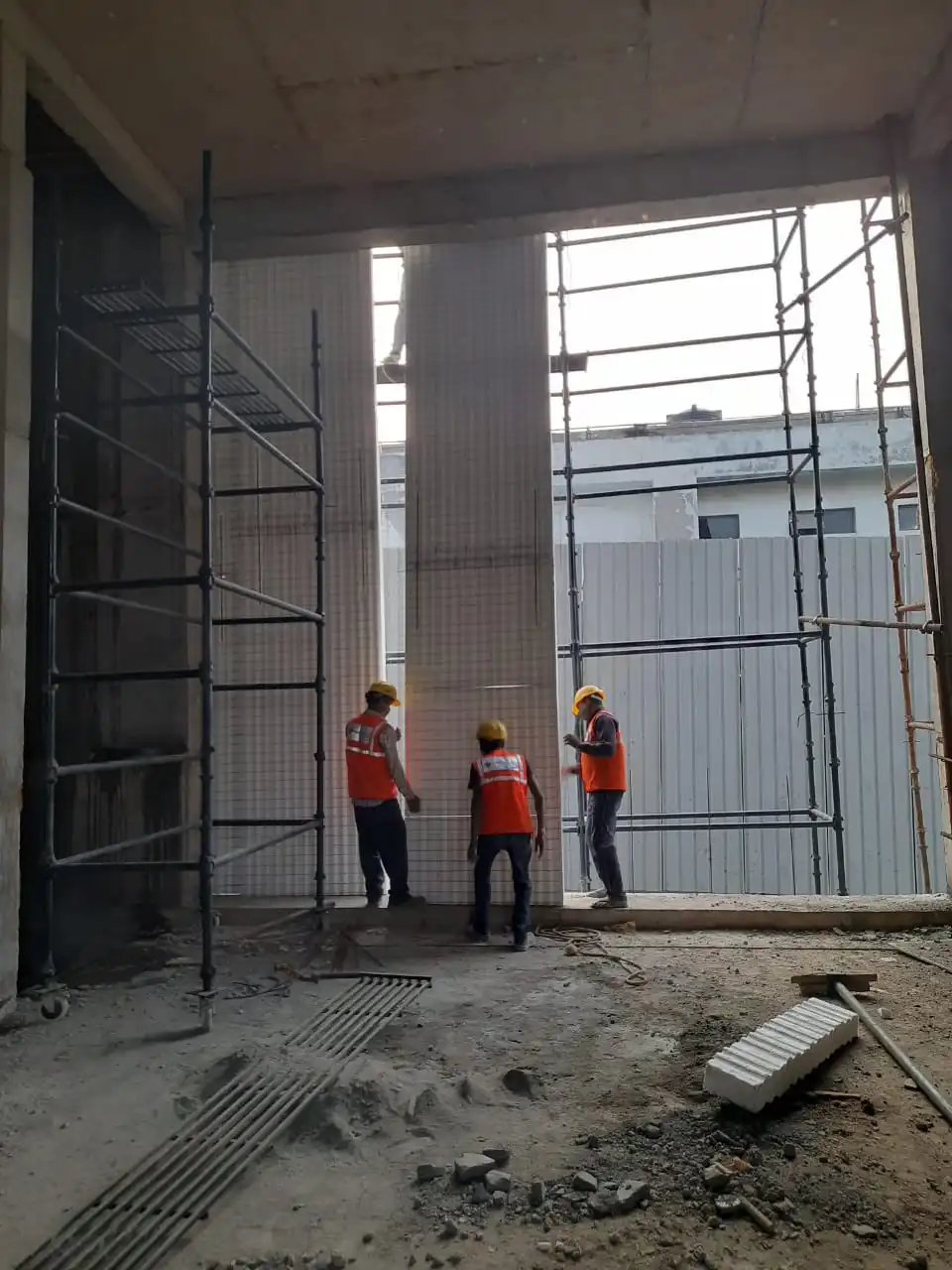Introduction: EPS (Expanded Polystyrene) panels have emerged as a popular choice in the construction industry in India due to their lightweight, energy-efficient, and versatile properties. However, one crucial factor that influences decision-making in construction projects is the price of EPS panels. This blog explores the various cost considerations associated with EPS panels in India and how they impact construction projects.
Table of Contents
ToggleUnderstanding EPS Panels:
EPS panels are composite construction materials consisting of expanded polystyrene foam sandwiched between two layers of structural materials such as plywood, cement, or fiberglass. These panels offer excellent thermal insulation, soundproofing, and durability, making them suitable for various building applications.
Factors Affecting EPS Panel Price:
a. Raw Material Costs: The cost of raw materials used in EPS panels, including polystyrene beads, structural layers, and reinforcement materials, directly impacts the overall price of EPS panels. Fluctuations in raw material prices can influence EPS panel prices in India.
b. Manufacturing Process: The manufacturing process of EPS panels involves several steps, including bead expansion, panel molding, and curing. The cost of equipment, labor, and energy required for manufacturing can affect the final price of EPS panels.
c. Panel Size and Thickness: EPS panels come in different sizes and thicknesses to suit various construction requirements. Larger panels and thicker insulation layers may cost more due to increased material and manufacturing costs.
d. Quality and Brand: The quality and brand reputation of EPS panels can also influence their price. High-quality panels with superior insulation properties and durability may come at a higher price compared to generic or lower-grade options.
e. Transportation and Logistics: The cost of transporting EPS panels from manufacturing facilities to construction sites can impact their overall price. Factors such as distance, transportation mode, and handling fees contribute to transportation costs.
f. Installation Complexity: The complexity of installation, including site preparation, panel handling, and assembly, can affect the labor costs associated with EPS panel installation. Projects requiring specialized equipment or skilled labor may incur higher installation costs.
Cost Benefits of EPS Panels:
Despite the initial investment, EPS panels offer several cost benefits over the long term:
a. Energy Savings: EPS panels provide excellent thermal insulation, reducing heating and cooling costs in buildings. Lower energy consumption translates to cost savings on utility bills over the lifespan of the building.
b. Reduced Construction Time: Prefabricated EPS panels streamline construction processes, leading to shorter project timelines and reduced labor costs. Faster construction also minimizes overhead costs and allows for quicker return on investment.
c. Minimal Maintenance: EPS panels require minimal maintenance compared to traditional building materials. Their durability and resistance to moisture, pests, and corrosion reduce the need for frequent repairs and replacements, saving on maintenance costs.
Conclusion:
EPS panel price in India is influenced by various factors such as raw material costs, manufacturing processes, panel size, quality, transportation, and installation complexity. While EPS panels may have higher upfront costs compared to traditional materials, their long-term cost benefits, including energy savings, reduced construction time, and minimal maintenance, make them a cost-effective choice for construction projects in India. Builders and developers should carefully consider these cost considerations when evaluating EPS panel options for their projects, taking into account both upfront expenses and long-term savings potential. With proper planning and cost analysis, EPS panels can offer significant value and contribute to the success of construction projects in India.


